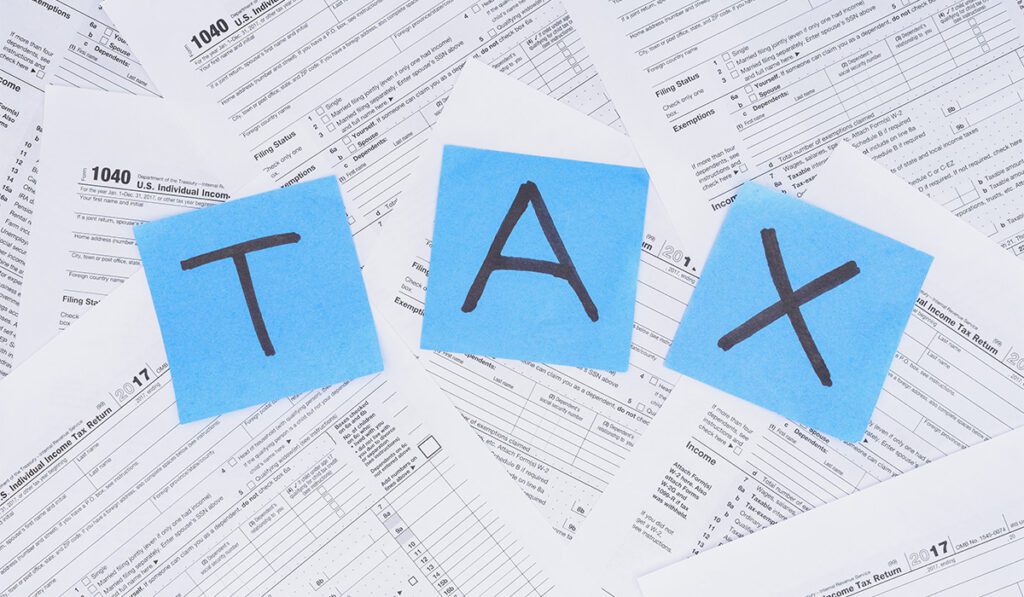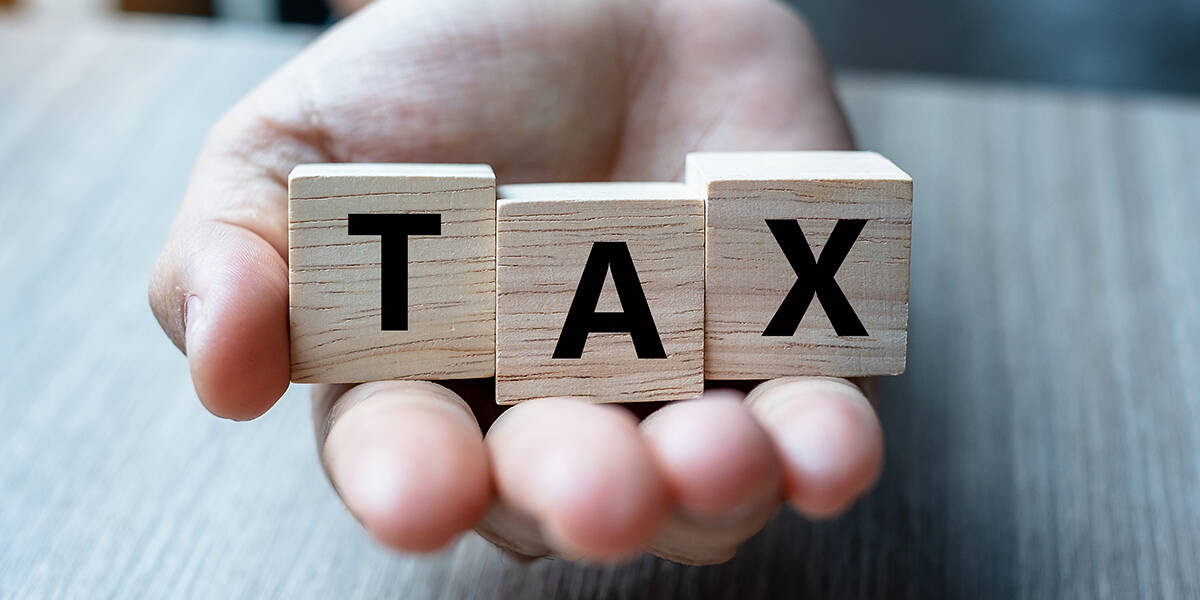

Over the years, the sustainability of any economy largely depends on effective revenue generation systems to balance outgoing expenditures.
There are risks of economic downcast, budgeting crisis, negative stock price market, debts increase, and recessions, among other issues in cases of low-income generation.
To avoid these, governments implement productivity, exportation, tourism, grant requests, and taxation of both investors and citizens. Hong Kong isn’t an exemption from using these methodologies. Hong Kong capital gains tax policies set it aside from the rest of the world.
Although many federal economies have up to 44% of their revenues from taxation, Hong Kong significantly tries to bridge the gaps in generation and taxes. As of March 2022, only 20.3% is tax-generated revenue out of their GDP, a reduction from 22.1% contribution as recorded in December 2021.
The Hong Kong Inland Revenue Ordinance demands no control over both capital movement and the dividend income, which means there are no capital gain taxes. This creates a more profit margin for both citizens and foreign investors.
Despite this, according to the UNCTAD World Investment Report 2022, global FDI inflows to Hong Kong amounted to US$140.7 billion in 2021, ranked 3rd globally. As a new business owner in Hong Kong, you may be wondering what the answers to the following questions are:
- What does capital gain taxes mean and work in Hong Kong?
- If a high percentage of countries mandate taxes on capital gain, why doesn’t Hong Kong do the same?
- How is it different from business income taxes?
- Does it really help prospective individuals and companies?
- How can companies declare a capital gain tax?
- Who can help?
In this article, we will discuss the Hong Kong Capital Gains Tax, its meaning, the types of It, how it is treated in Hong Kong, and how Premia TNC can help with Issues faced by companies to declare some transactions capital gain related.
What Is Hong Kong Capital Gains Tax?
The prices of capital assets will certainly take a turn after some time. If, after a successful transaction and transfer of ownership of an asset to another individual or company, you have a higher sum than the purchase amount of the asset, the profit gained is called the Capital Gain.
Then, the Hong Kong Capital Gains Tax is a fraction of the whole profit identified as the Capital Gain that could be taxed. The same definition stands in Hong Kong, but the rulings on capital gain tax are different.
This doesn’t limit the taxation on other categories liable to be recorded as taxable. In fact, Hong Kong doesn’t imbibe the same obligation of double taxation as many countries. Non-residents may be taxed on shared assets as they also get tax charges from their origin countries.
You have to be aware that there are exceptions to the type of assets classified as Capital assets. Items like patents, inventions, musical compositions, copyright to a property, as well as buildings or estate are classified as part of rental property.
However, the majority of Capital assets are taxed in the Hong Kong Capital Gains Tax. You wouldn’t also be taxed on capital assets sold at a loss. If in case the Capital property or asset is still in possession of the original owner, the asset isn’t taxable.
The definition of Hong Kong Capital Gains Tax can be indistinguishable from a general business or income tax from various perspectives of understanding, so read on to better understand their differences.
Hong Kong Capital Gains Tax VS. Business Income Tax
Different countries have their different classifications of taxes belonging to the income section or capital section, including the Hong Kong Capital Gains Tax, but the general classification is based on the frequency or nature of the trade.
If the transactions are carried out habitually with the intention of turning the transaction into more accumulated profits, it is considered to be business income.
If, in any case, the asset is specifically different in the number of trades it has undergone and it is of good value, it can be considered a capital asset.
For most individuals, the taxation policies have more of their incomes subjected to other categories than capital gain, and there are more companies, corporations, and groups concerned.
Also, in some cases, part of the capital asset can be treated like an income tax asset if it is exposed to regular trading processes. This doesn’t make the whole capital asset subjected to tax – only the affected parts will.
Hong Kong Capital Gains Tax
The standardisation of taxation policies to favour more investors and individuals has earned Hong Kong the 2nd freest economy by The Heritage Foundation in an index of Economic freedoms of 106 regions and countries. There is no taxation on capital gain accumulated after trades of capital assets by both residents and Non-residents members of the country.
As an individual, company, or firm located in Hong Kong or planning to enter the market of Hong Kong, you can declare a capital gain on your asset if they meet the requirement to escape being taxed on the Hong Kong Capital Gains Tax.
That’s where Premia TNC comes in!
We understand the processes involved in taxation documentation and accountability. The issue with the Hong Kong Capital Gains Tax can be quite complicated for companies, with aspects such as identifying what to list in the tax filing and how to calculate the tax properly.
Premia TNC is one of the top accounting firms in Hong Kong. With our array of Tax Professionals, we guarantee that any problem you might have with the Hong Kong Capital Gains Tax will be solved swiftly and efficiently.
Hong Kong Capital Gains Tax – Frequently Asked Questions
What is Hong Kong Capital Gains Tax?
Hong Kong Capital Gains Tax is a tax charged on the profit of the one-time sale of personal property, luxury item, non-inventory asset, or investment.
When is Hong Kong Capital Gains Tax calculated?
Hong Kong Capital Gains Tax is only calculated when an asset or property has been sold, so no tax is applicable when it is still in its original owner’s possession. No tax is applicable if the property was sold at a loss.

premiatnc
View All BlogsRelated Posts
April 18, 2024
Initiating Maximum Returns with Hong Kong Tax Incentives
Hong Kong, renowned for its dynamic…
April 15, 2024
Trademark Registration In Hong Kong: What You Should Know
Trademark registration in Hong Kong…
April 15, 2024
Importance of Hong Kong Company Financial Statements: How to Prepare It Well
In the realm of business, Hong Kong…




